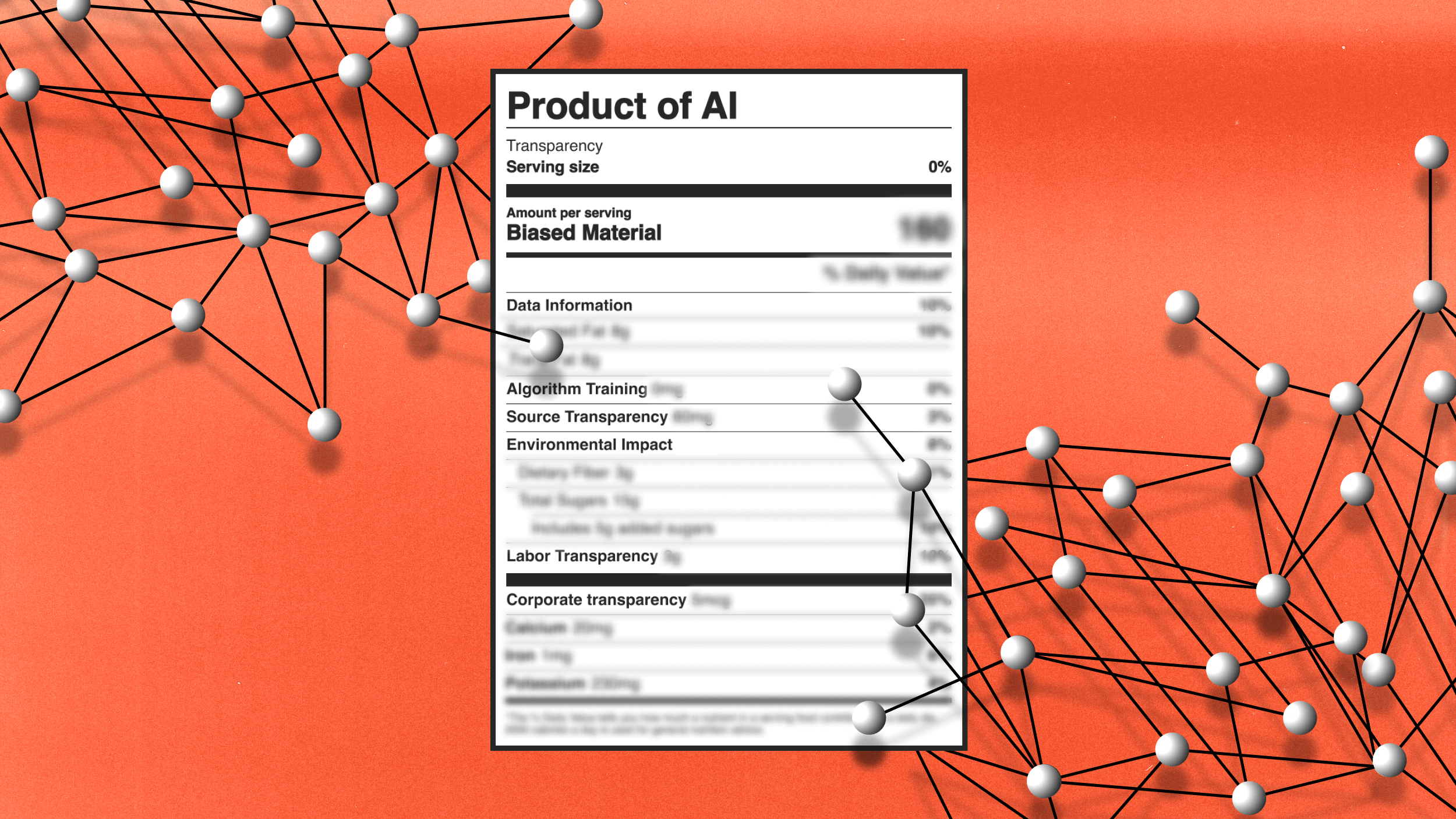Congress Quietly Passes Major Student Loan Reform

The passage of the health care reform bill has understandably gotten most of the attention this week. We’re going to hear a lot more about it through the fall elections. Not only will the new law have a huge impact the American health care system, but both parties have gone all in on the fight over health care. The Democrats plan to campaign on their victory, will the Republicans have pledged to repeal the bill and have begun to mount challenges to the bills constitutionality. Already the Democratic National Committee has raised over $2 million online since the bill passed, while the Republicans have brought in $1.3 million with their “Fire Nancy Pelosi” campaign. Lost in the shuffle was something the House tacked on to the health care bill: major reform of the student loan system.
The reform would eliminate fees to private banks that issue student loans. Instead of paying banks to act as middlemen for student loans, the government would expand its direct lending program—a step that according to the Congressional Budget Office would save $61 billion in loans. Most of that money would then be funneled into increasing the amount of Pell grants for to help people with low incomes attend college and grad school. In addition, the bill would help people with student loans by lowering the amount they have to pay each month. The Associated Press calls it “the biggest piece of education legislation since No Child Left Behind nine years ago.” And Rep. George Miller (D-CA), the Chairman of the House Education and Labor Committee, said it was a “chance to make the single largest investment in college affordability ever at no cost to the taxpayers.”
This kind of reform has been strongly opposed by the banks who act as middlemen, for whom the old student loan system was easy money. It’s actually a somewhat more modest version of a bill that the House passed a year ago. But that bill never passed the Senate because it didn’t have the votes to overcome a Republican filibuster. Because the latest reforms were added to the health care bill, they have to get only a simple majority in the Senate and are almost certain to pass. The private lenders who opposed the measure complain that it will mean eliminating financial services jobs. But the truth is that many of those jobs amount to little more than taking a cut as money going from the government to students. This reform will mean that more of the government’s money will represent a real investment in the skills of our workforce.





